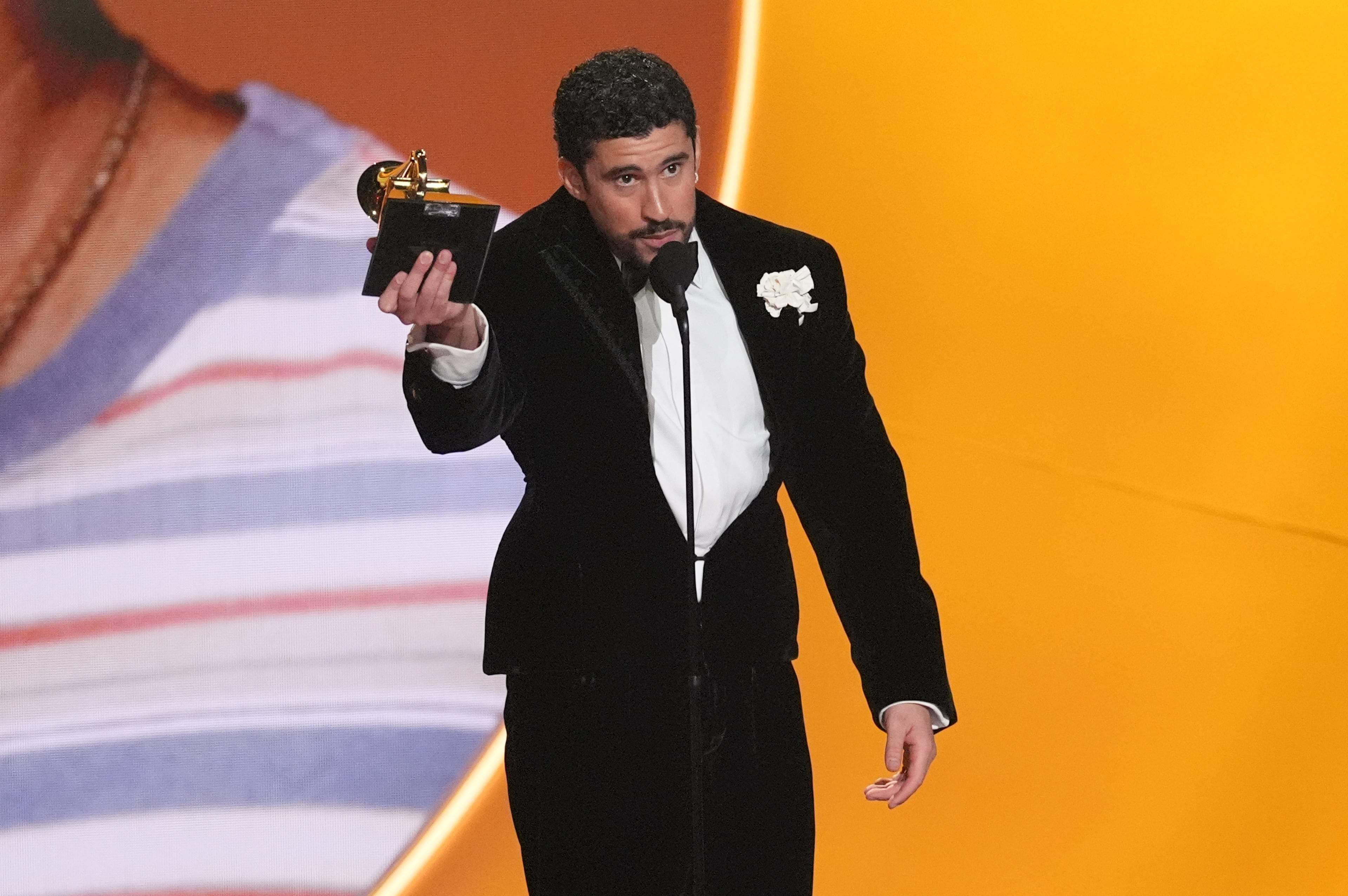Readers write

Ga. Power headed in wrong direction with fossil fuels
At the same time as carbon dioxide and methane levels are reaching record highs, as reported in the April 6 AJC article ”Carbon dioxide, methane levels reach record highs in 2023,” Georgia Power proposes adding more fossil fuels, the AJC reported in the March 28 article ”Georgia Power reaches deal to add more fossil fuels, batteries.”
This increase in fossil fuels is the opposite of what the companies demanding more energy want. For example, QTS, the developer of the ATL2 data center (perhaps the largest in the world), and the largest users of data centers, such as Google, Microsoft and Amazon, have all committed to carbon-free energy.
These green-energy commitments are in the public interest, and the PSC should hold Georgia Power accountable. Renewable commitments can be satisfied without additional costs to residential and small-business consumers. The Georgia Public Service Commission and, yes, the Georgia Legislature must provide incentives for more efficient use of resources. The tools are available to do this, but the current regulatory structure just encourages more, more and still more fossil-fuel-based generating plants.
DOUG NICHOLS, FAYETTEVILLE
School vouchers give failing kids a chance
The average U.S. funding for K-12 education is $14,840 per year per pupil. As the voucher program approved by the state legislature last month provides only about $6,500, it appears that it would actually save the school system $8,340 in cost.
Vouchers give desperate parents the opportunity to remove their child from a failing system. In the District of Columbia Public Schools, only 31 percent of students are proficient in English language arts, and a dismal number — less than 20 percent — are proficient in math.
Many school systems are failing our kids. It is not a lack of funds. The Washington, D.C., school system, spends $29,121 per pupil. Hard to imagine vouchers providing a worse outcome.
Vouchers might not be the answer, but it is clear those who have been in charge of our educational system haven’t been able to provide solutions or implement improvements.
Give failing kids a chance that vouchers may provide.
MICHAEL MITCHELL, MARIETTA

